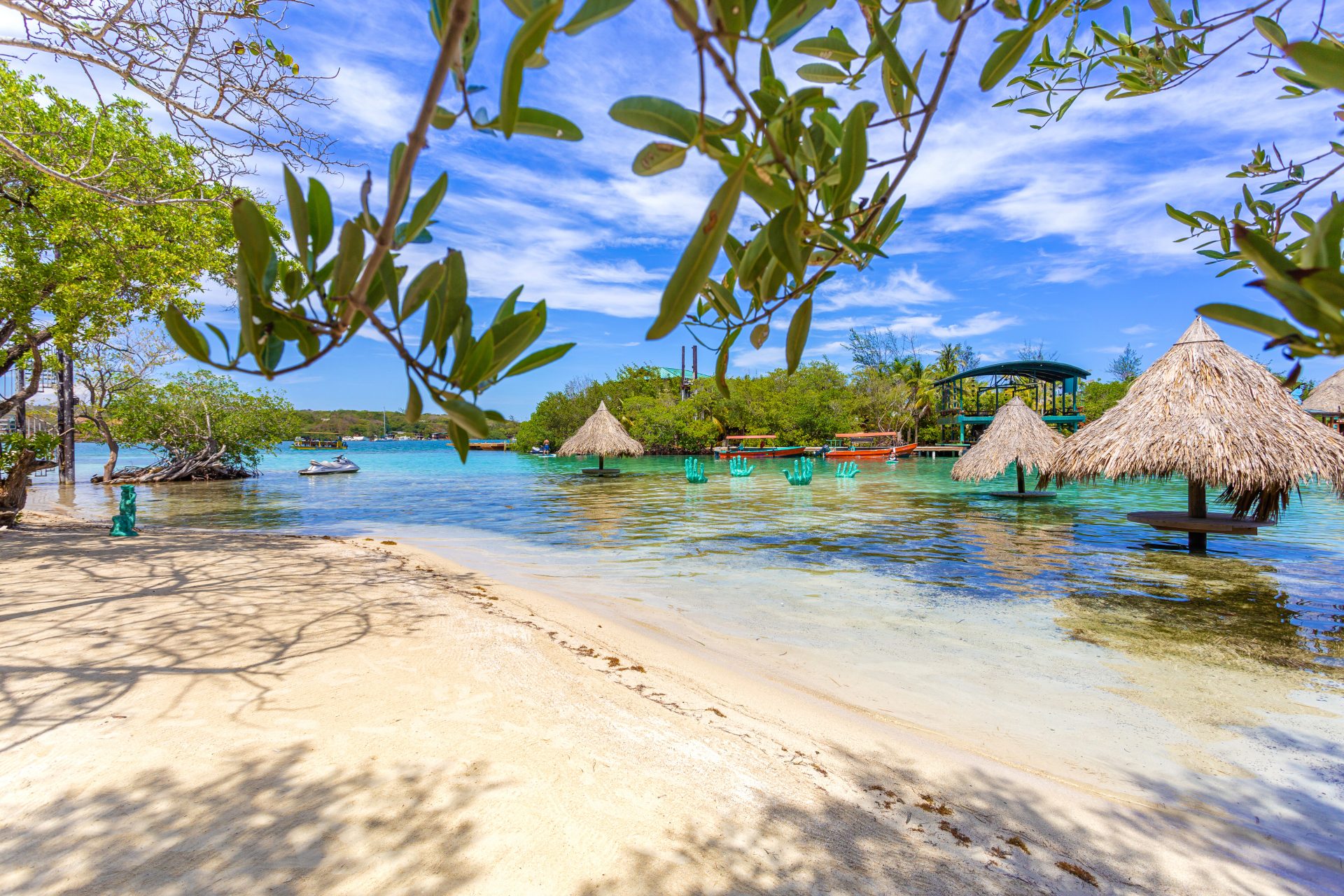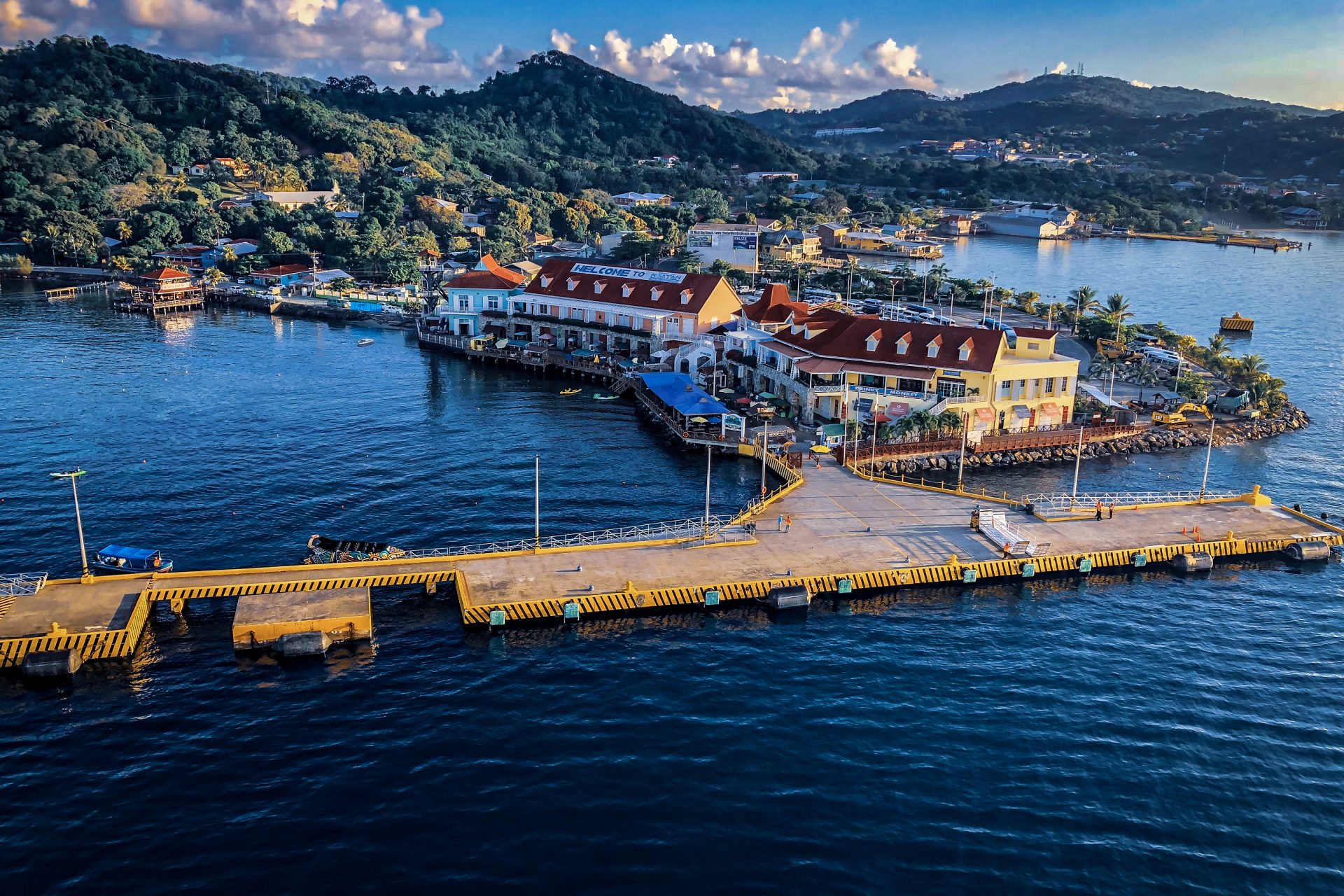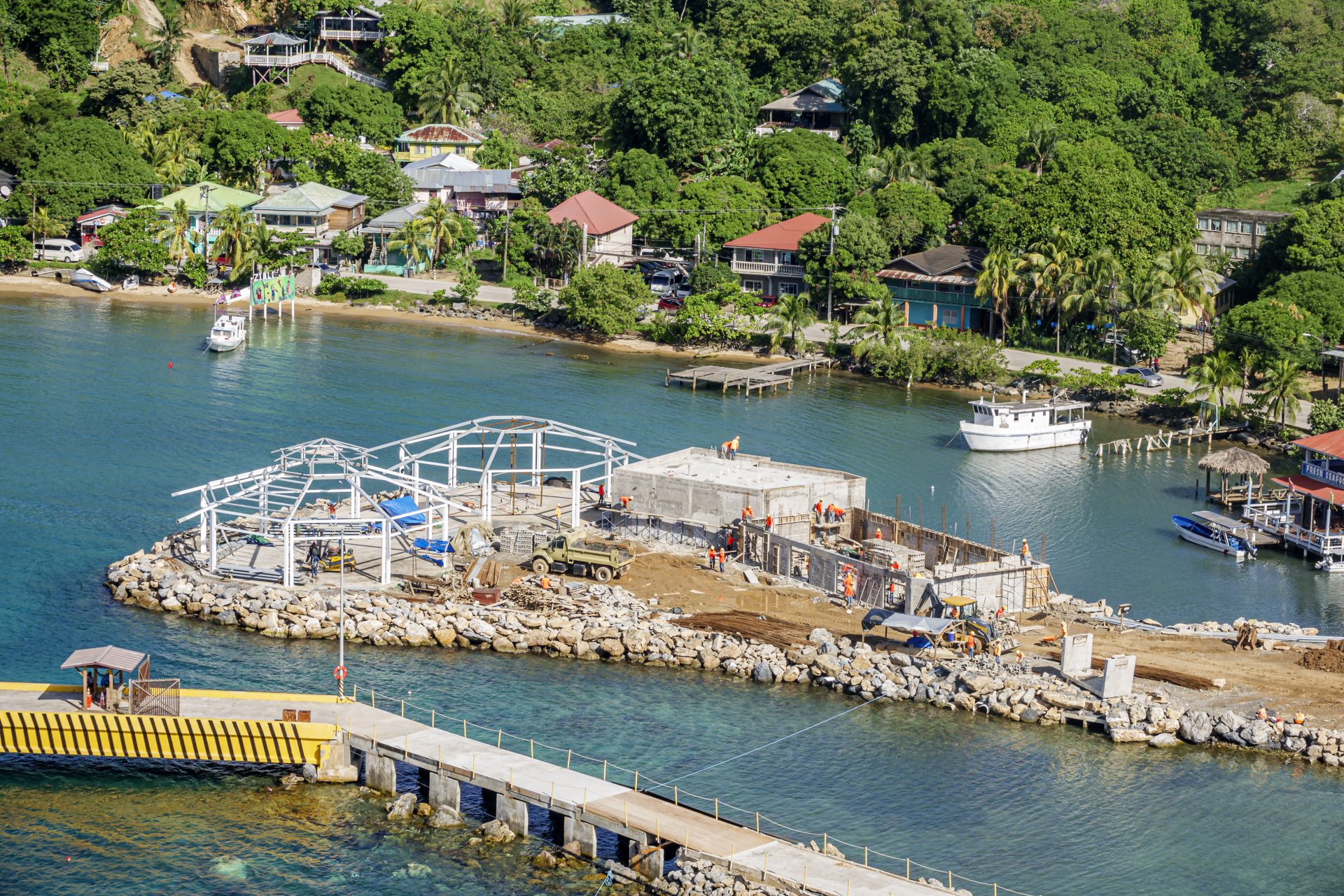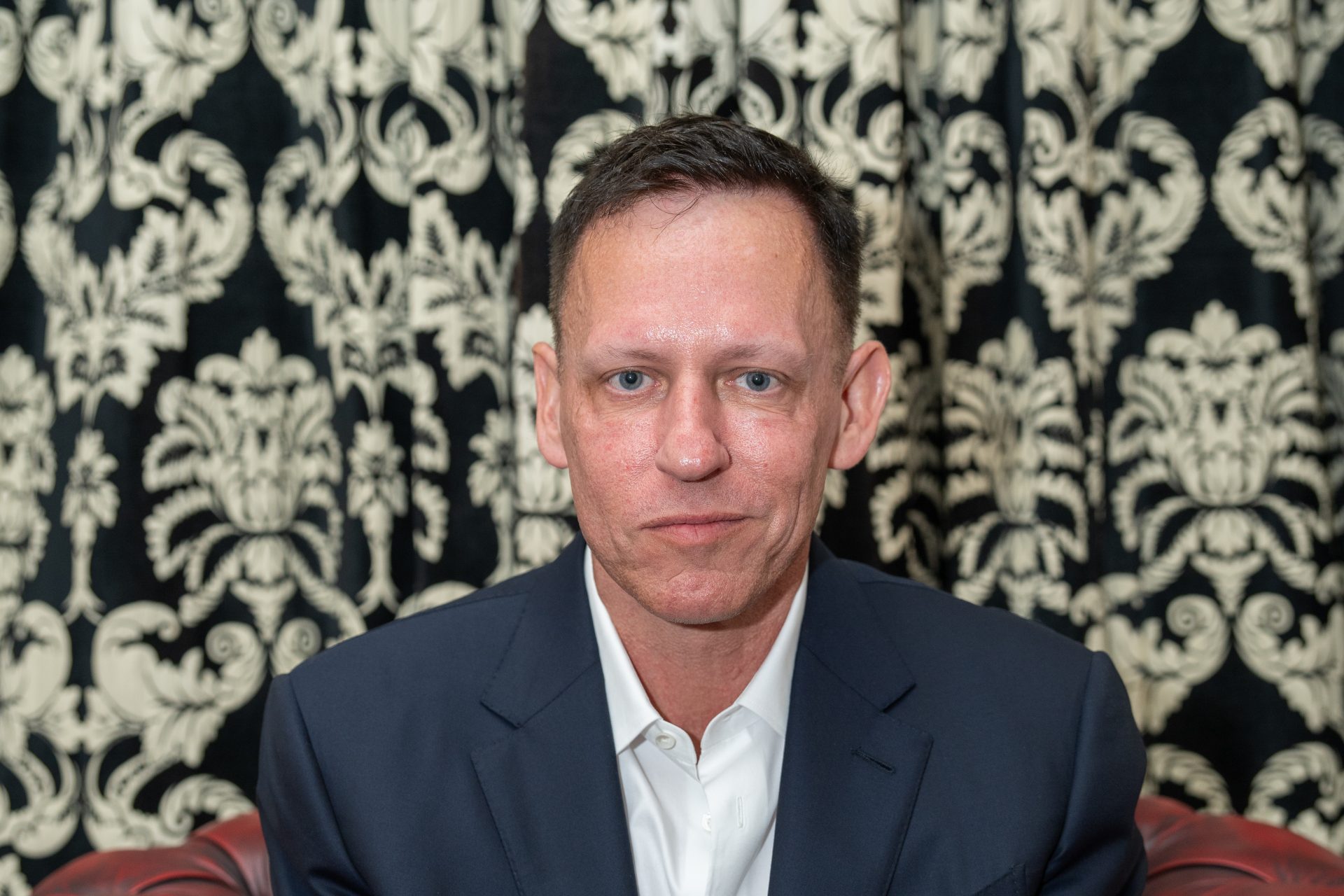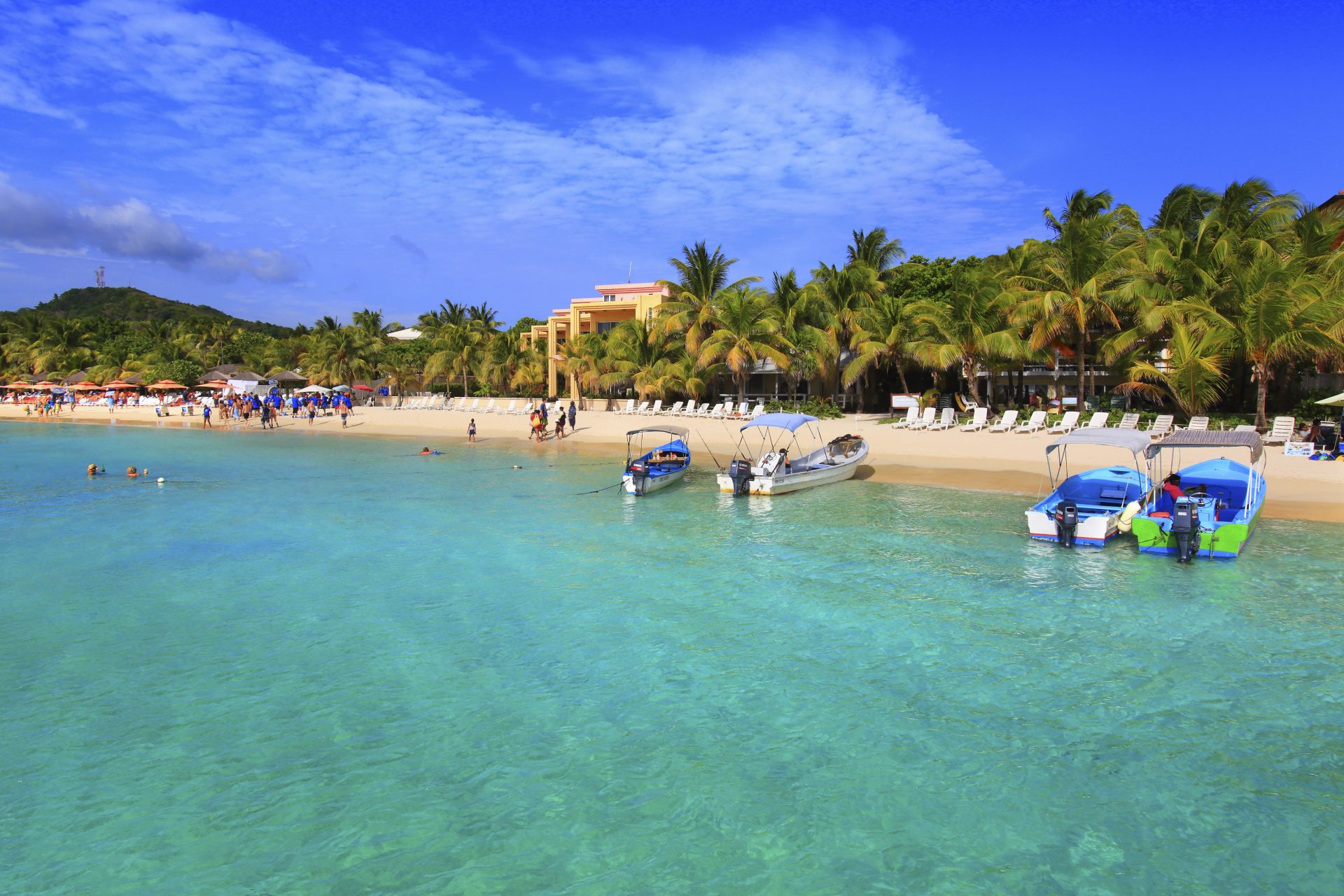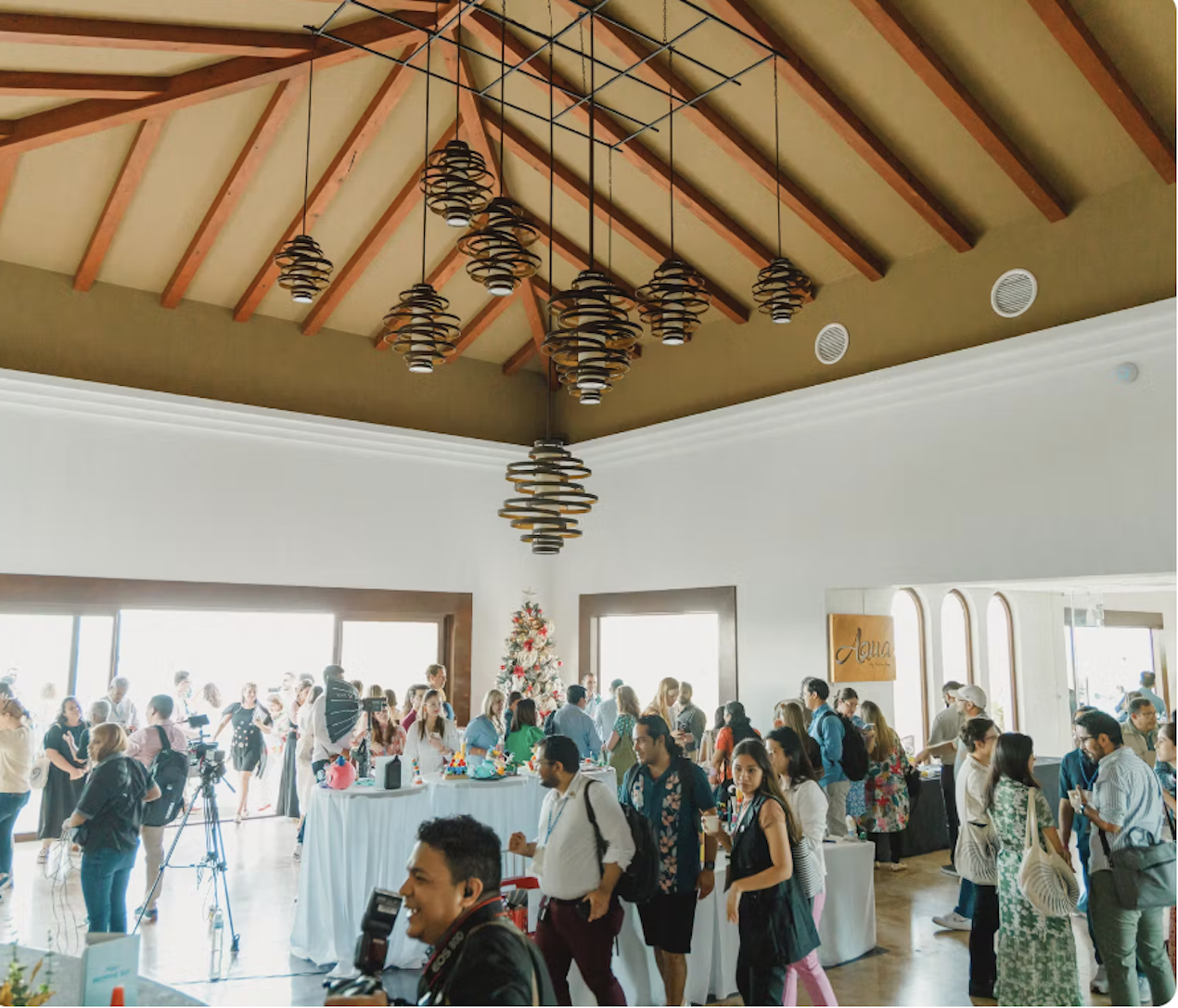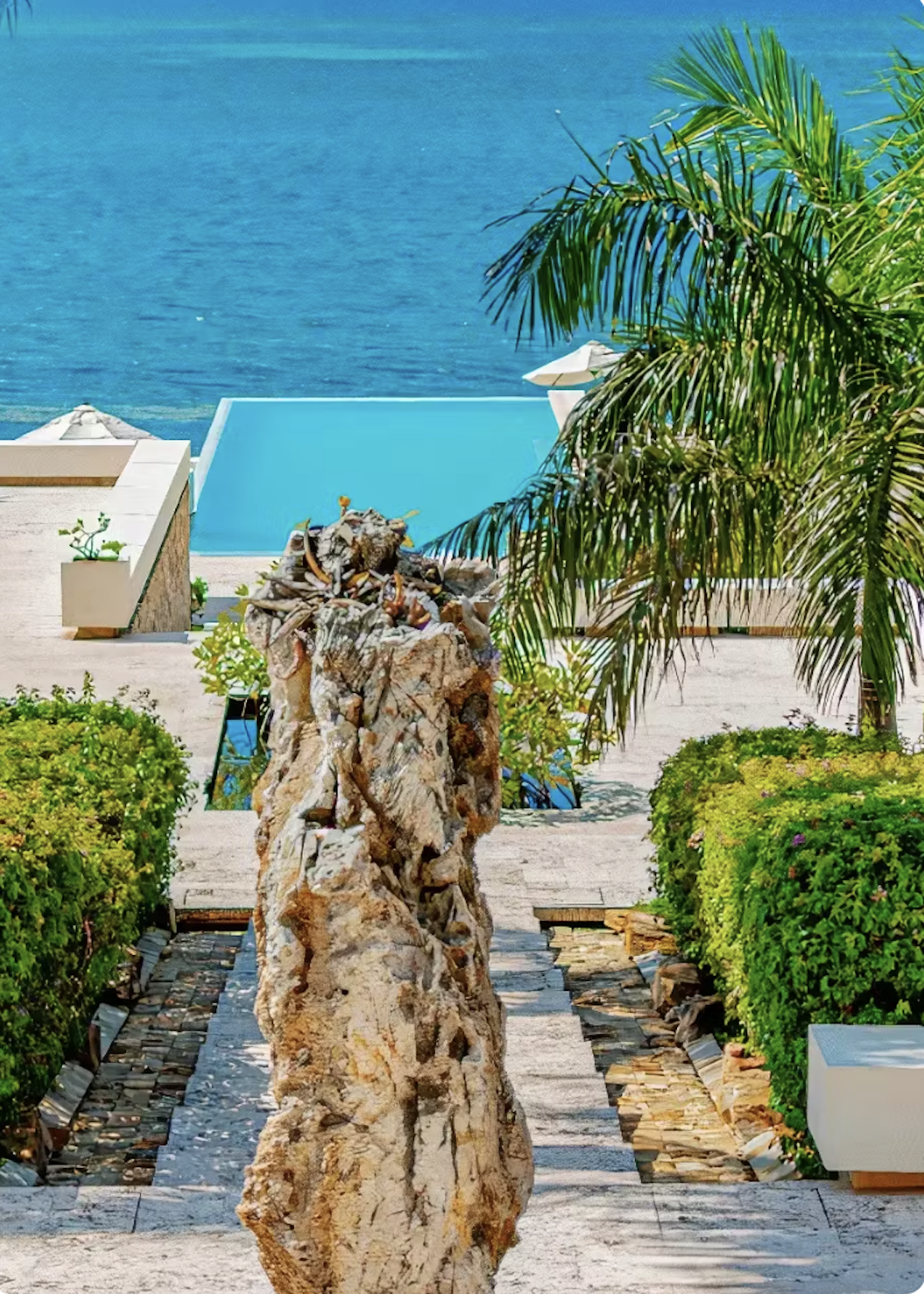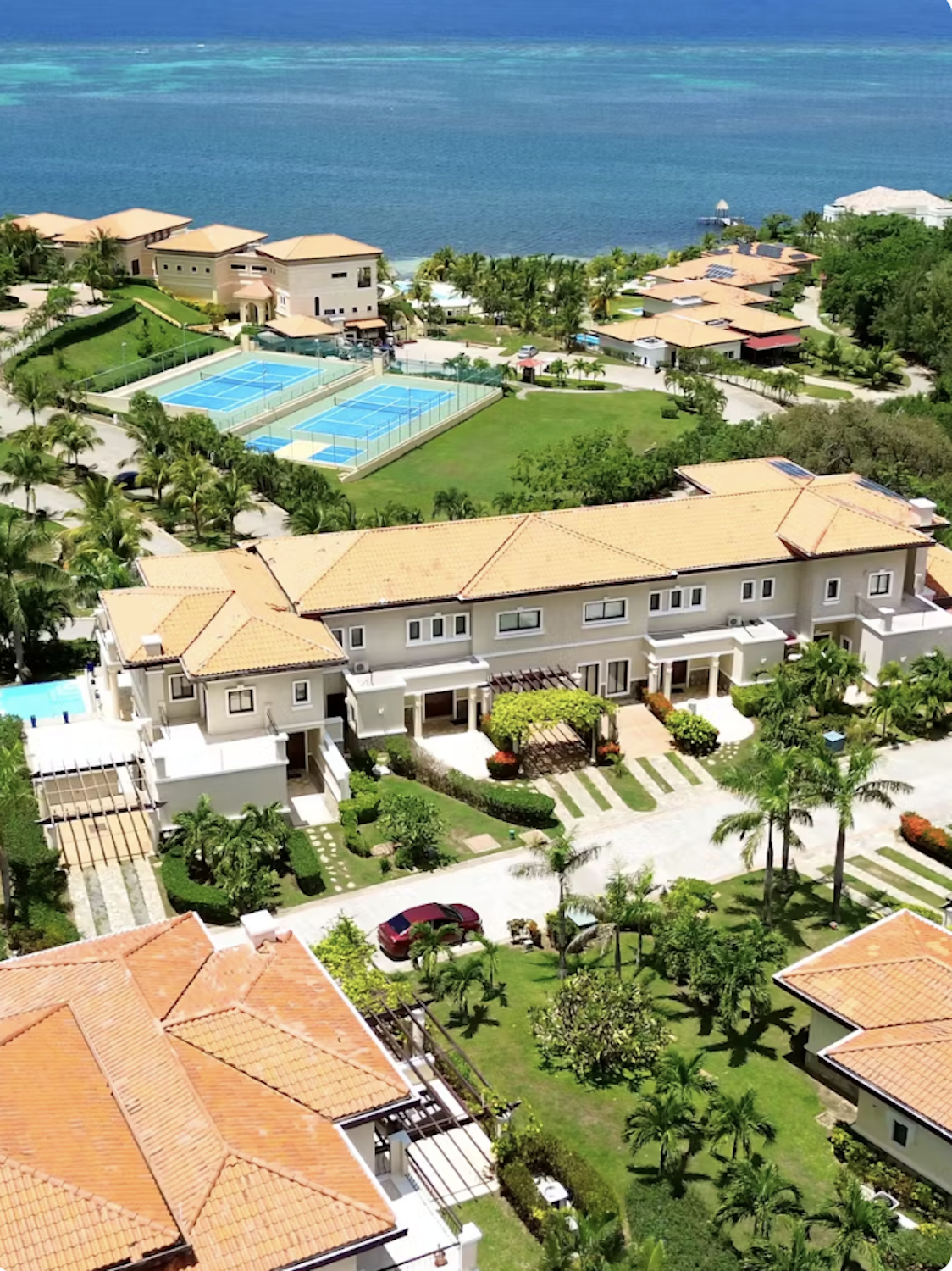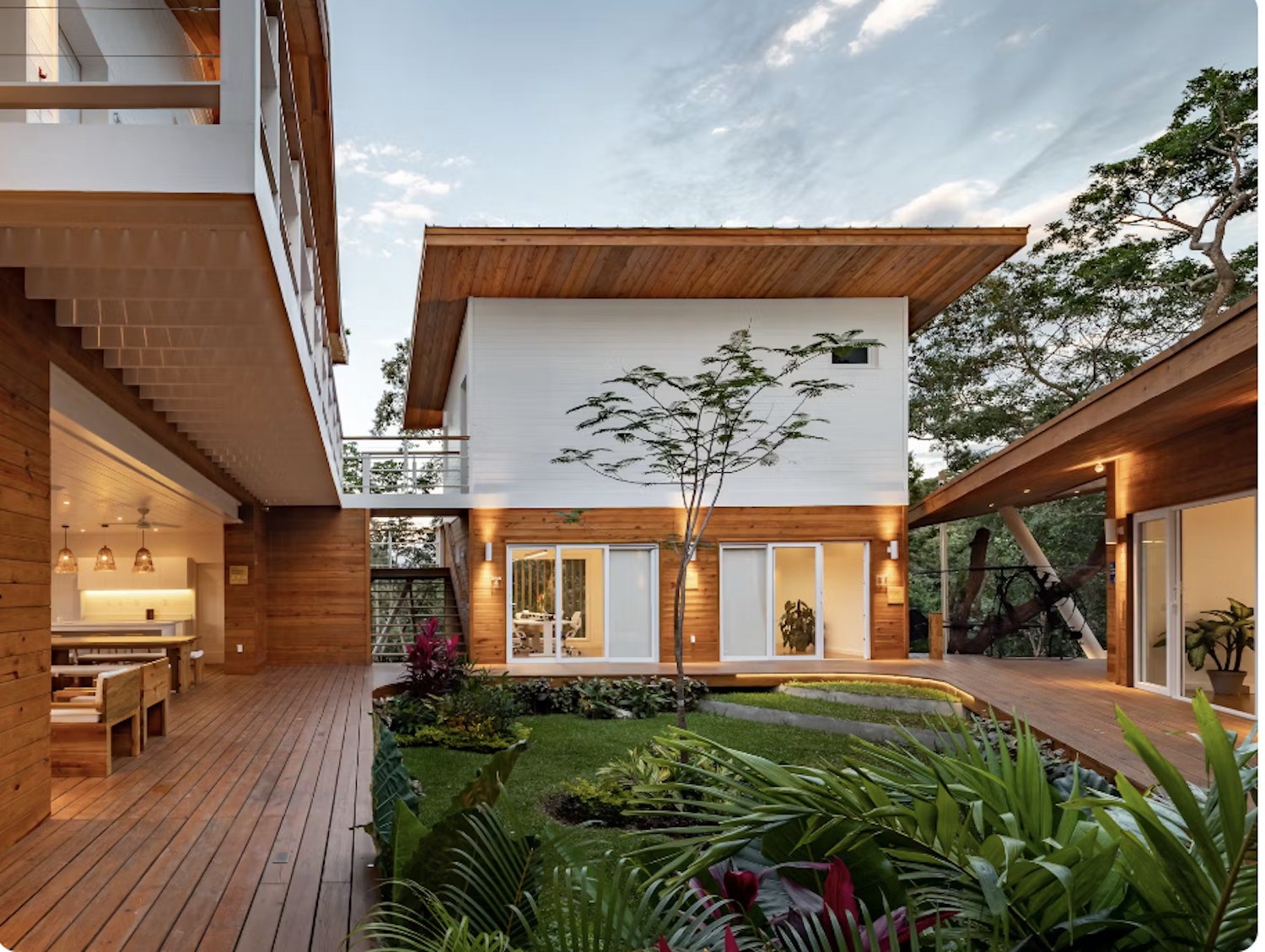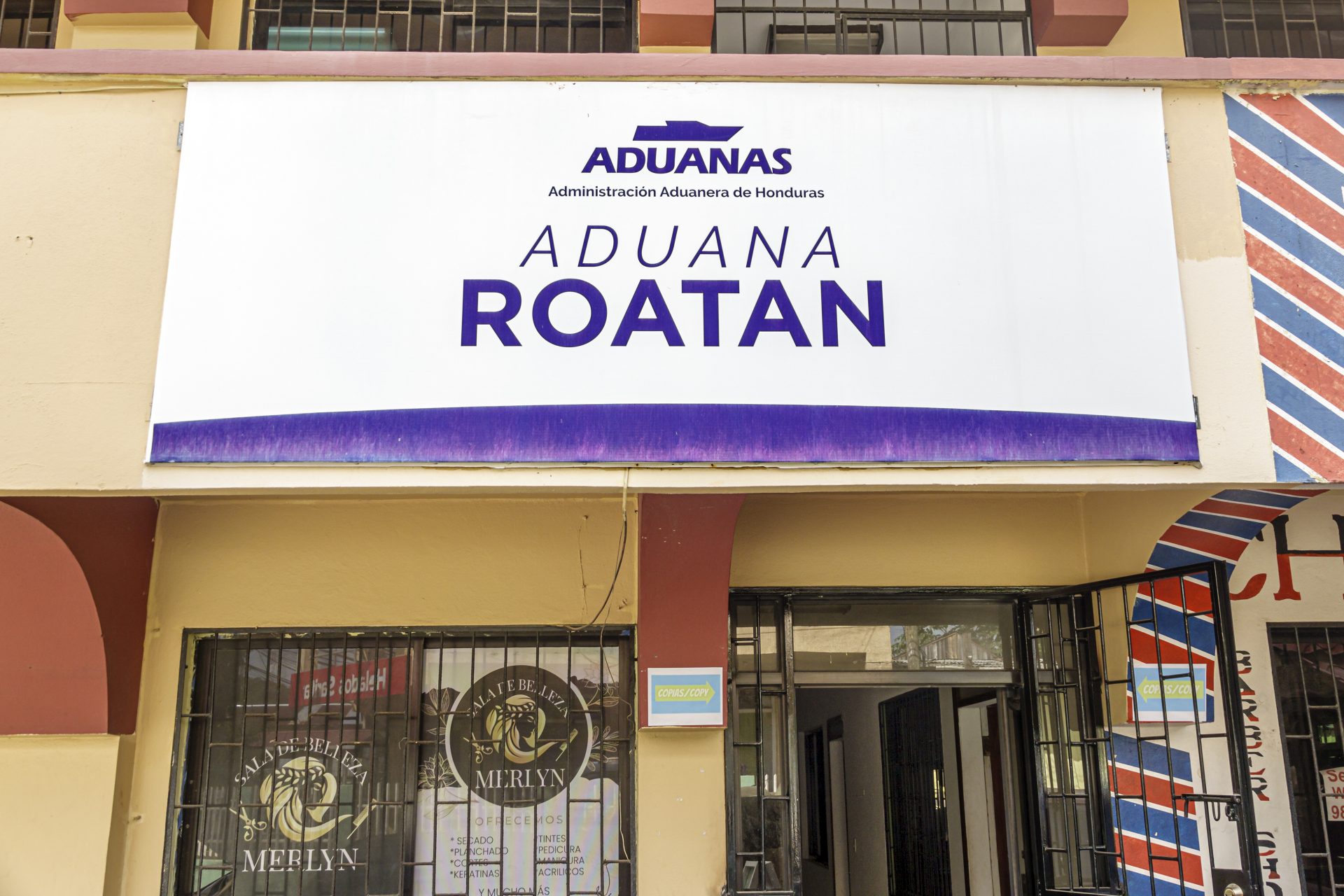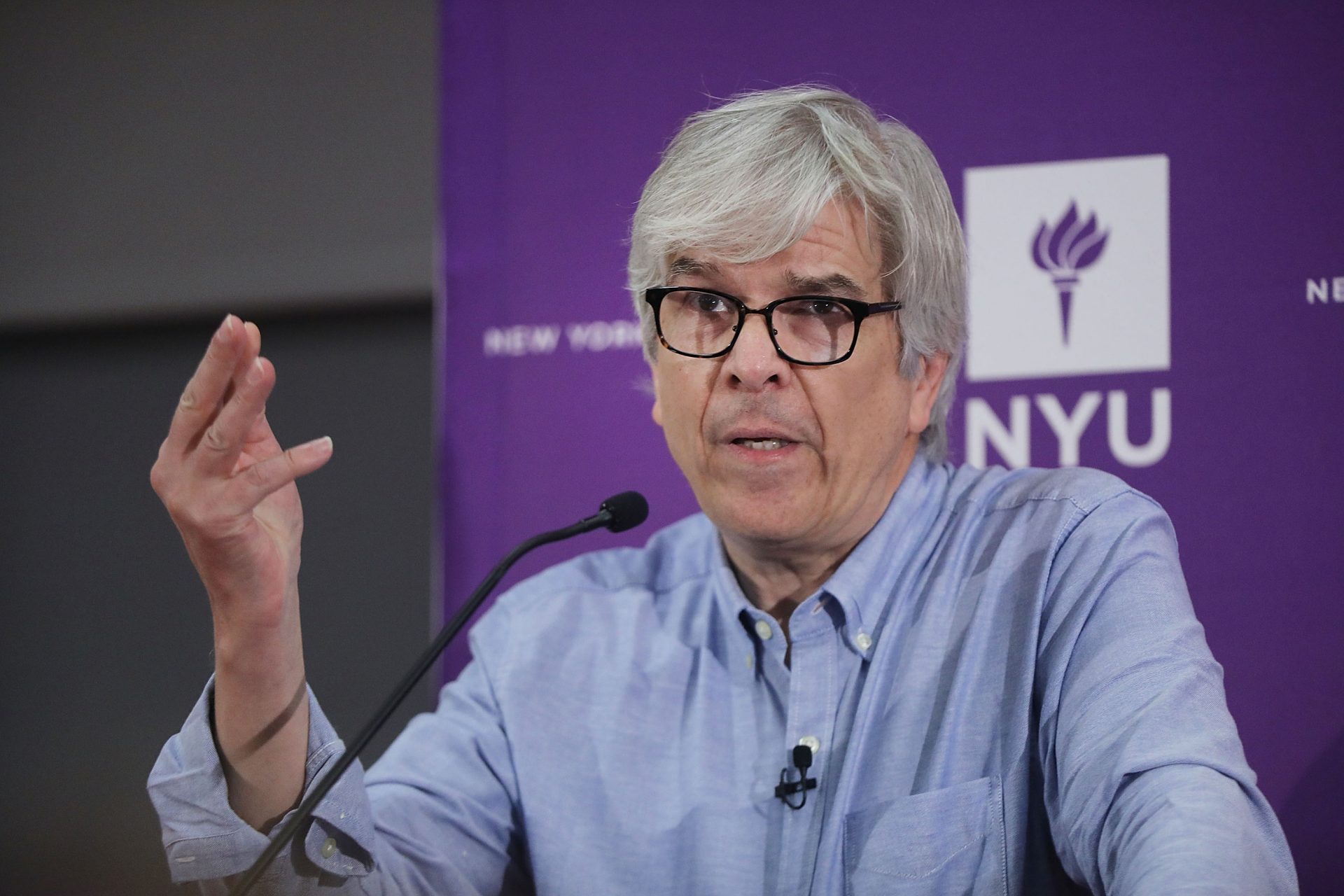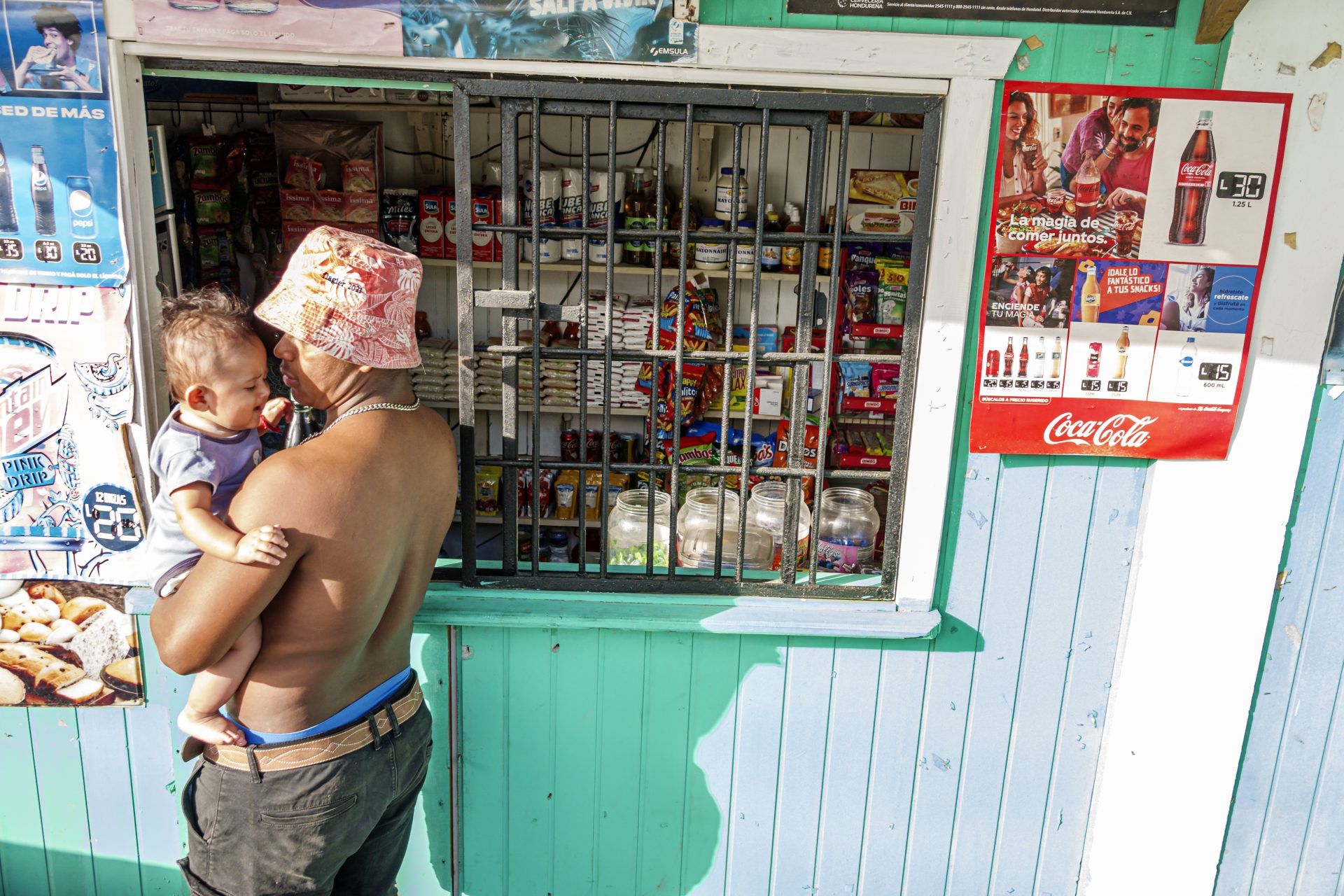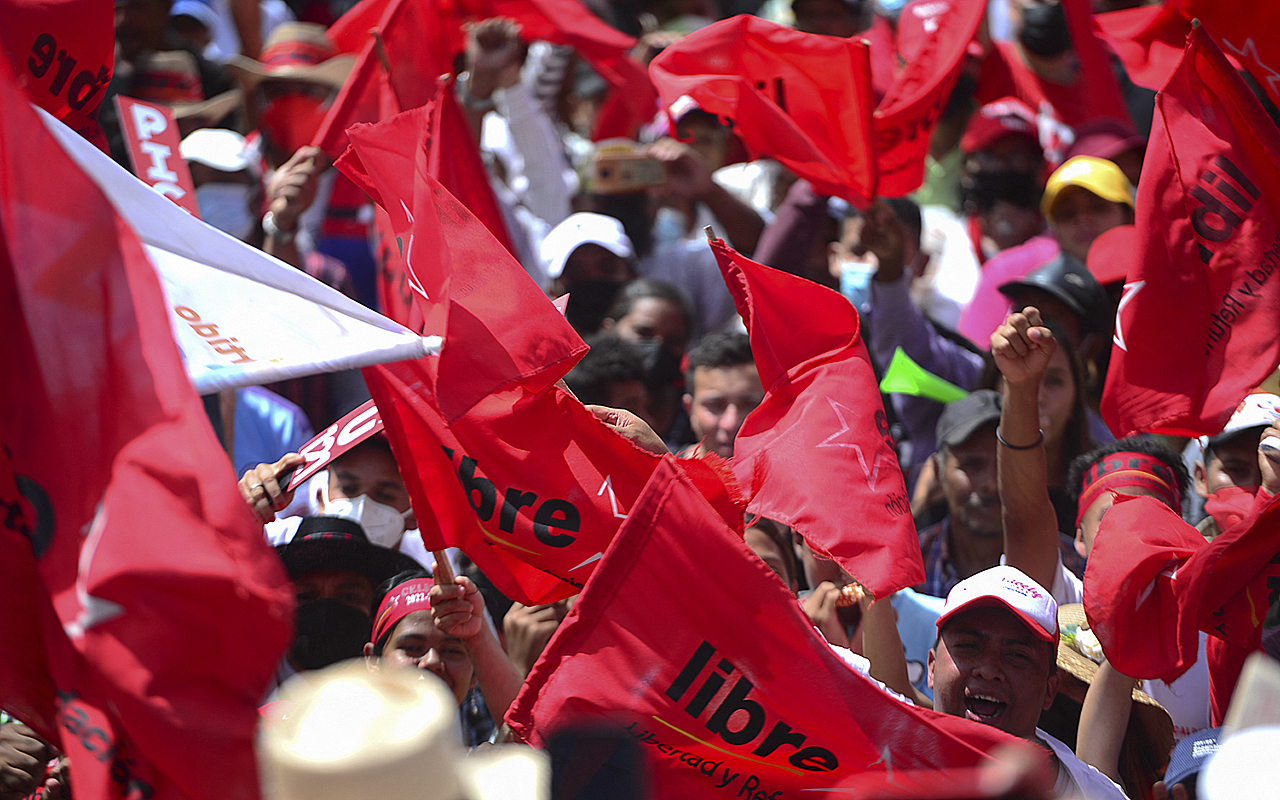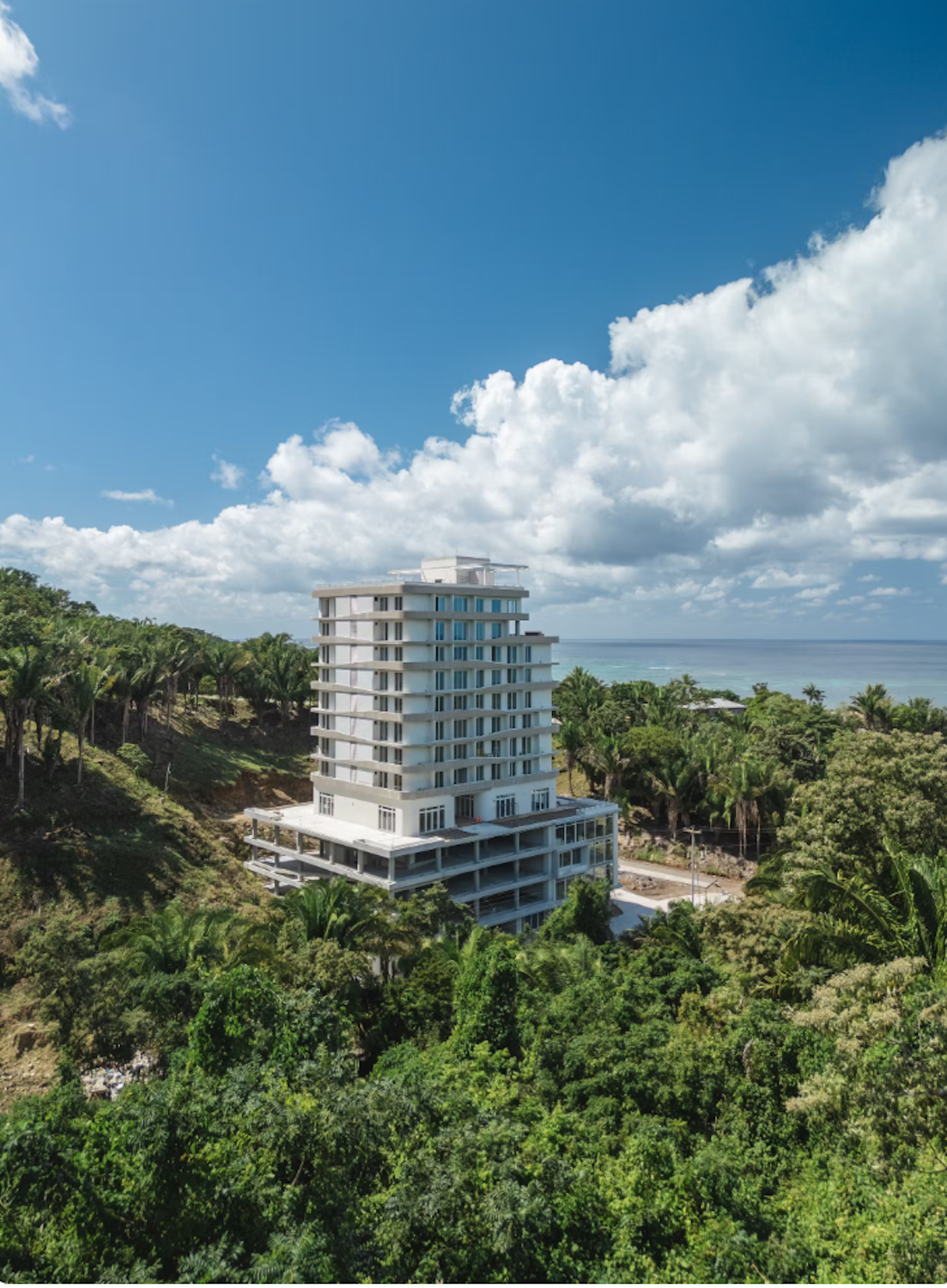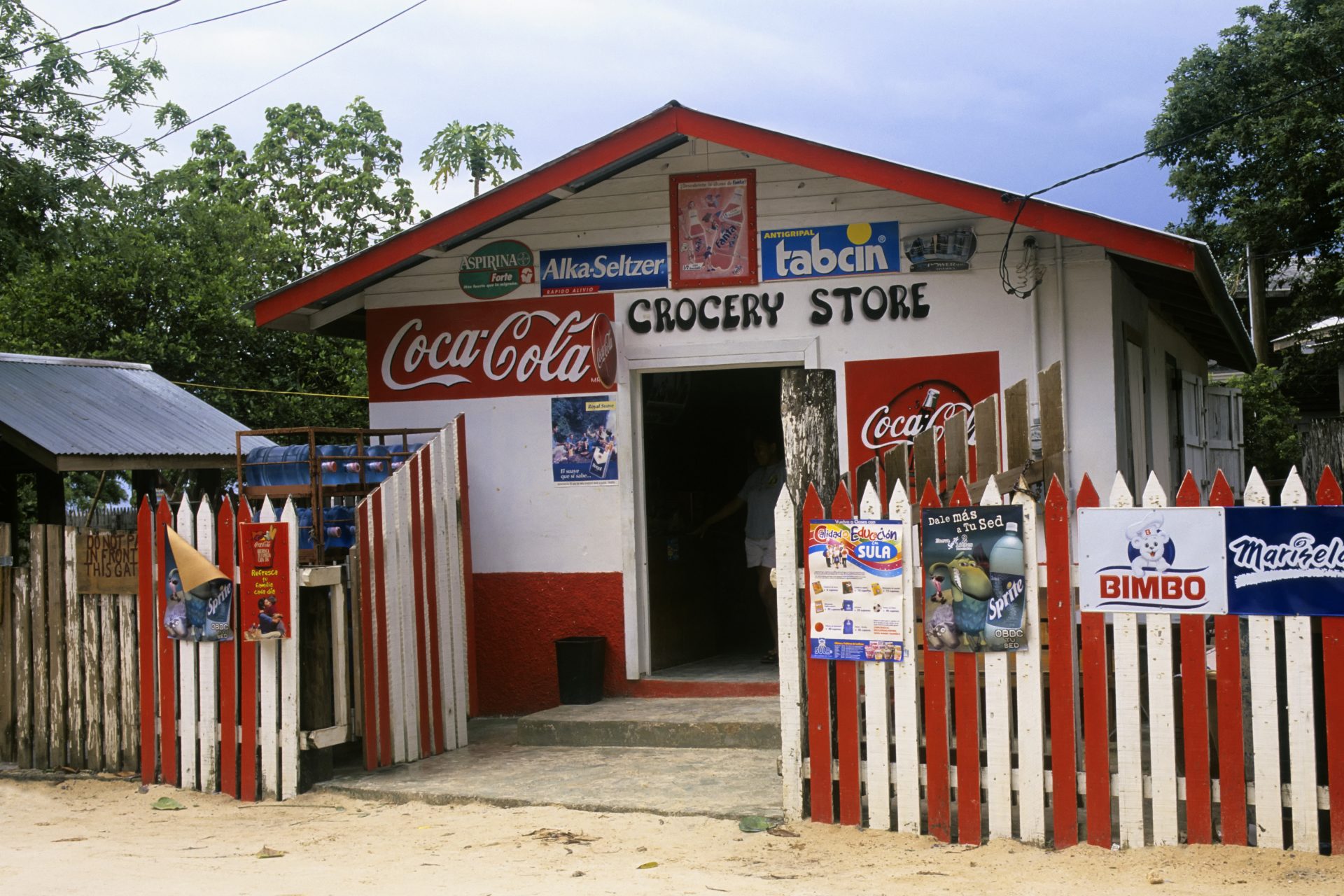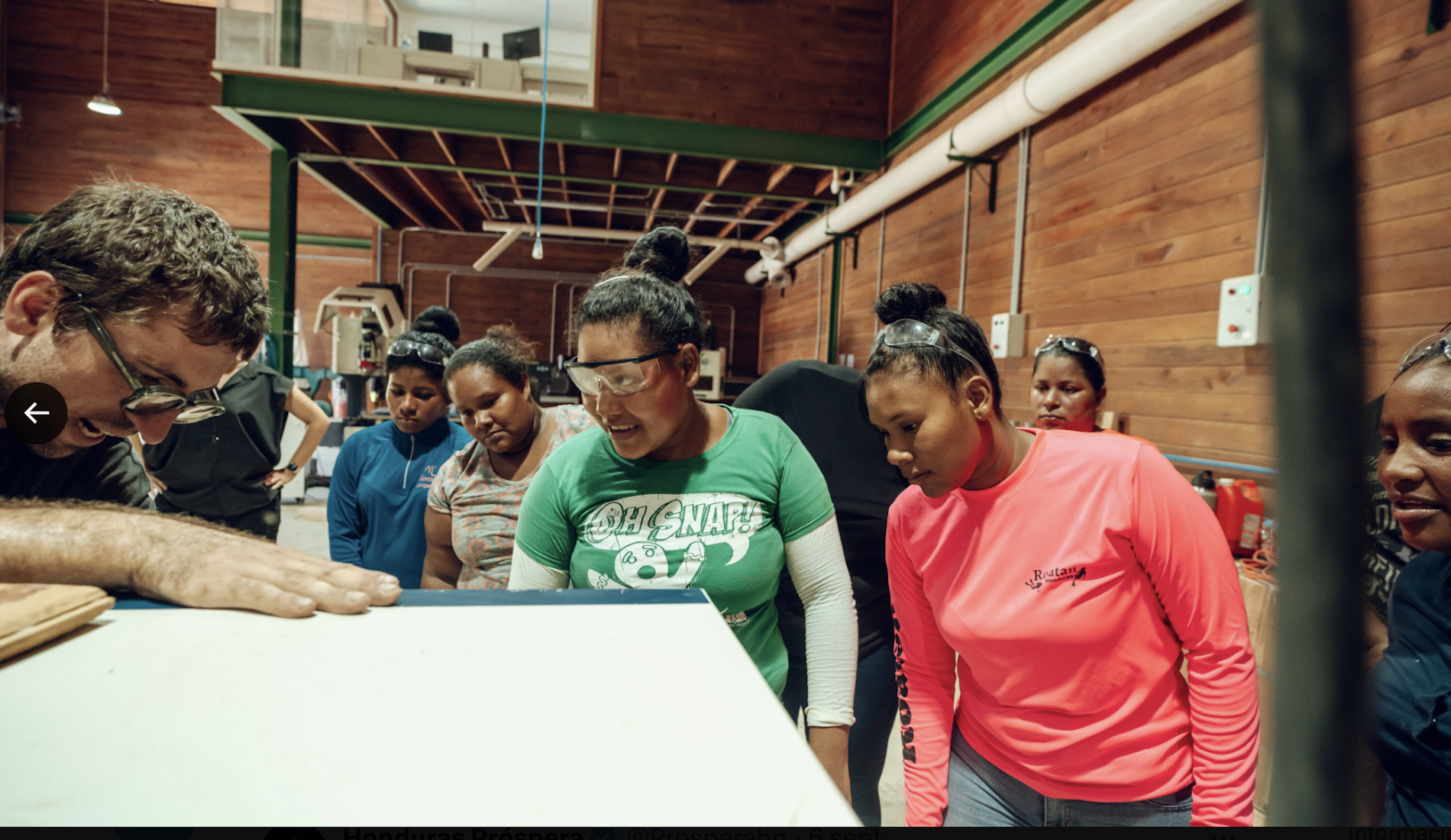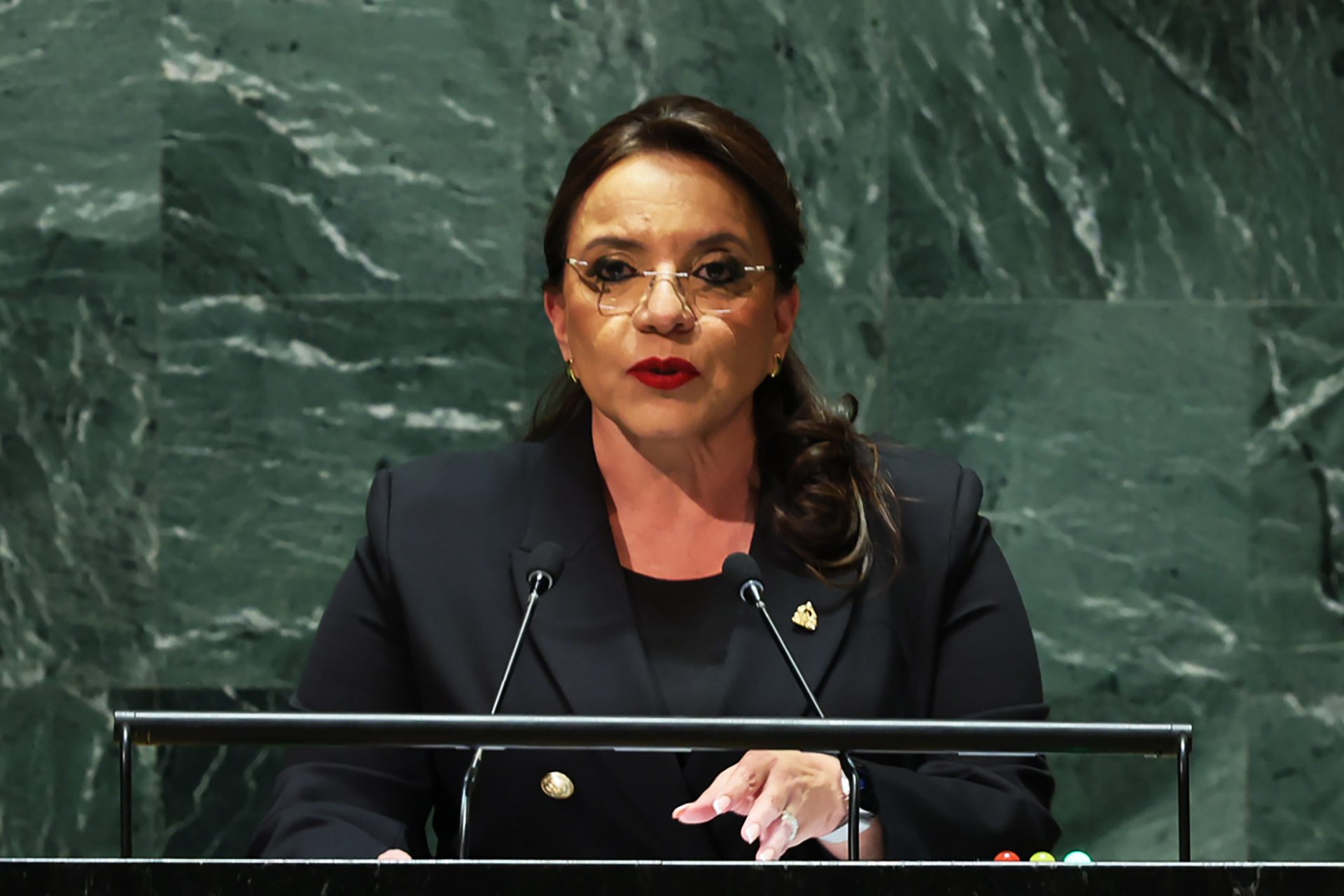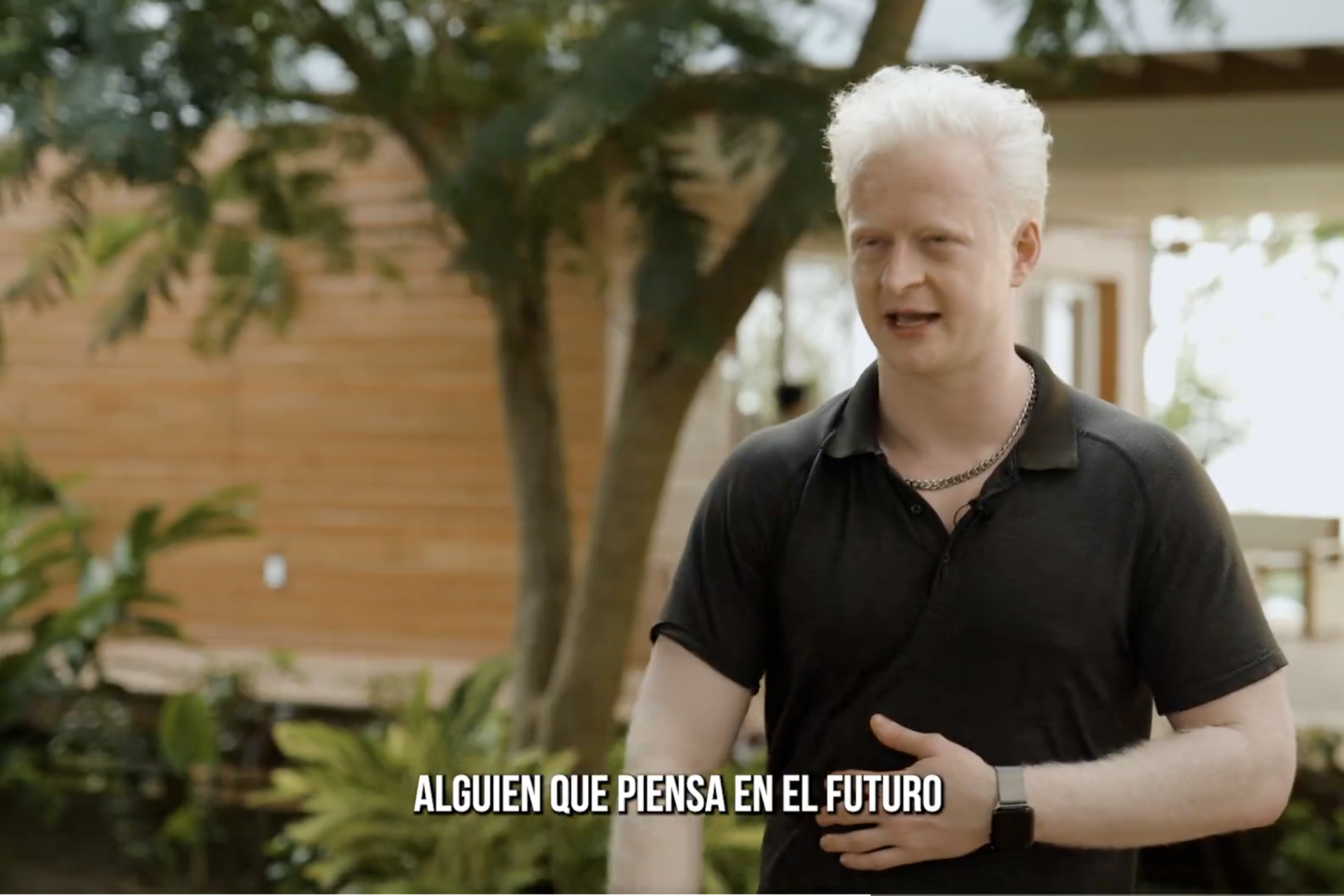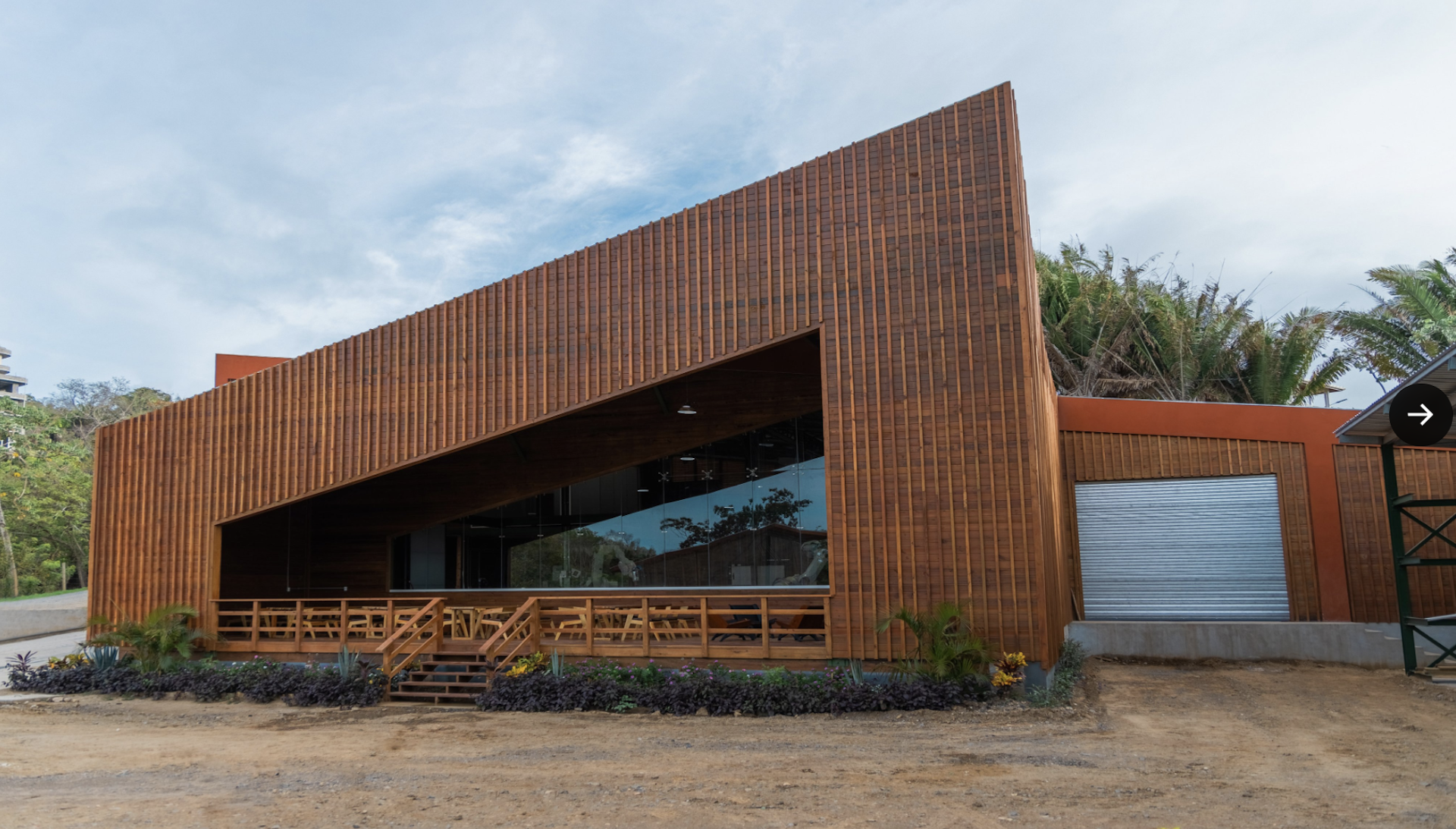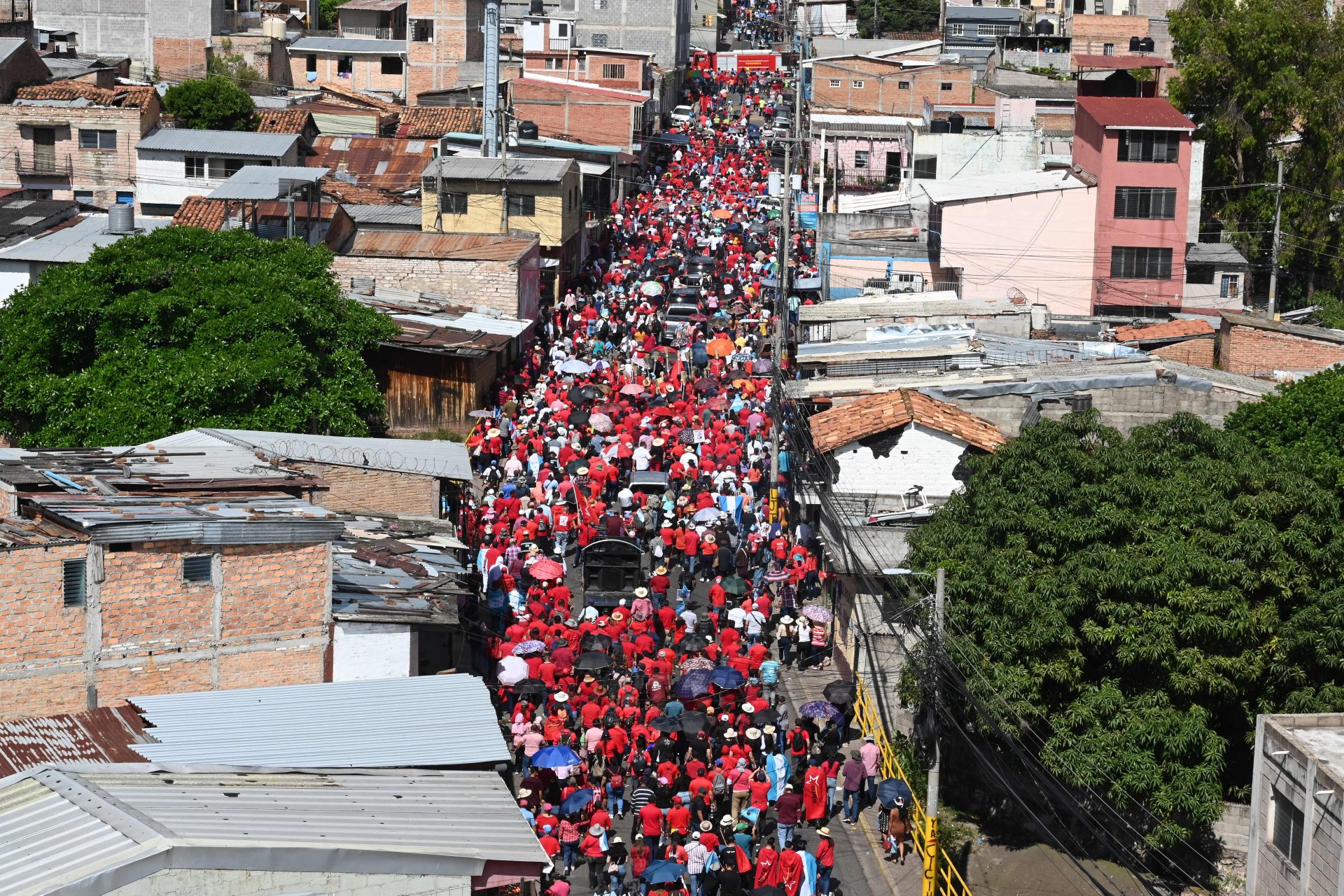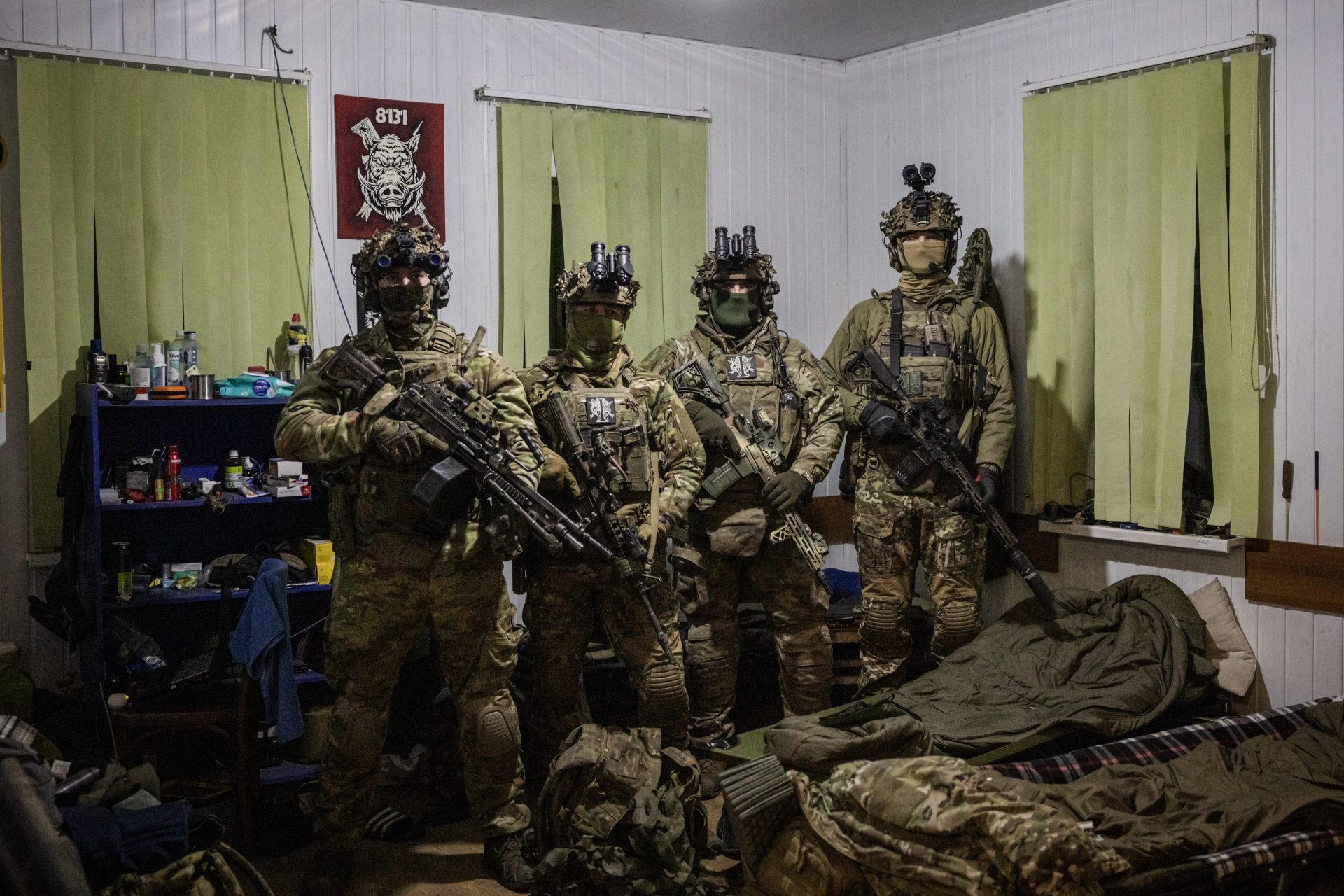Honduras is rebelling against futuristic city of Próspera on its soil
There's a building so high on the paradisiacal Honduran island of Roatán that it almost doubles the legally permitted height.
Seven years ago, it looked as if the illegality would be overlooked in favor of a futuristic initiative that might benefit the local population.
The initiative is basically a private anarchic capitalist enclave optimistically christened Próspera, though this now appears to have been wishful thinking as a new government and local sentiment rails against it.
Silicon Valley millionaires, such as PayPal’s Peter Thiel, plowed their tech dollars into this semi-autonomous Zone of Employment and Economic Development (ZEDE) in 2017 with the idea that it would be the most advanced start-up – or charter – city in the world with minimal taxes and regulations.
The venture was designed to appeal to “21st century pioneers,” according to its website, who are not only looking to start a business at the push of a button but also to have the luxury of doing so on a Caribbean beach, surrounded by yoga gurus.
Classes on cryptocurrencies are on the agenda and the city’s wealth is protected by its own private security forces while any disputes are resolved by three retired judges from Arizona, according to The New York Times.
Photo: Screenshot from Próspera website
Regarding medical treatments, Próspera boasts a plethora of experimental medical centers which can offer all sorts of therapies and remedies without the requisite rubbed stamp from the FDA.
Photo: Screenshot from Próspera website
For example, Minicircle, founded by two biohackers, is hawking a cure for Alzheimer’s and another to get rid of tumors. Symbiont Labs, meanwhile, promises the miracle of turning humans into cyborgs.
Yet another outfit offers follistatin injections as part of a longevity gene therapy trial, according to Le Monde. Follistatin is a protein involved in reproduction, muscle growth, cancer development and metabolism.
As well as promoting itself as a medical playground and business hub, Próspera paints itself as an idyllic spot in which to raise a family, on its website
Photo: Screenshot from Próspera website
“Give your family the gift of a safe, nurturing, and enriching environment,” it says. “With a leading Montessori school, childcare services, and a host of family-friendly activities, Próspera is the ideal place to grow together.”
In fact, Próspera’s growth is on hold. While investors were sold the idea that Próspera would be home to 38,000 inhabitants by 2030, it still has just 222 companies registered and few people living there.
The reasons for this are complex and embedded in local politics. Honduras is a poor country. Half the population lives below the poverty line and 75,000 inhabitants migrate to the US every year.
This, according to one of the scheme’s proponents, Nobel Prize winner and former Chief Economist at the World Bank, Paul Romer, should make Honduras the perfect location for Próspera.
A charter city enthusiast, Romer visited Próspera and was so excited by what he saw, he did a TED talk on it entitled, “The First Charter City in the World?” Romer’s argument for charter cities lies in the idea that they can bring wealth to poor corners of the world and stop locals from emigrating.
But to fulfil their promise, these charter cities necessarily lie outside the jurisdiction of the country they inhabit. Accommodating the founding of Próspera involved an amendment to the Honduras Constitution.
A number of locals objected, but it was a video showing images of skyscrapers and luxury yachts moored in plush surroundings and seen to occupy the land on which Hondurans were eking out a living that turned the local population against the venture.
Photo: Screenshot from Próspera website
Fears grew among Hondurans that they were to lose their homes to make way for a project that was more likely to shut them out than to benefit them.
Honduras Próspera Inc, legal advisor, Ricardo González, told the New York Times, “They take it too literally. It’s all voluntary. We can’t just take their land and say, ‘Now it’s ours.” However, according to the ZEDE law, locals were obliged to sell their land.
Photo: Screenshot from Honduras Próspera X account
Currently Xiomara Castro is President of Honduras and her left-wing government is rowing back on a number of the privileges afforded to Próspera by previous governments while Honduran banks are being dissuaded from financing Próspera projects.
Currently, it looks as though Próspera will struggle to realize its ambition of becoming a self-governing libertarian oasis. To date, it looks less like paradise and more like a building site.
Photo: Screenshot from Honduras Próspera X account
However, some, including Ricardo González, believe that the project has gone too far, with too many millions and entrepreneurial dreams invested in it, to be abandoned.
Photo: Screenshot from Honduras Próspera X account
The government is “using emotional arguments more than anything,” to stop it going forward, González told the New York Times. “If they had the law on their side to do what they want to do, they would have done it already.”
More for you
Top Stories



